A Passion for
Real Change
A Passion for
Real Change
Grissel Seijo ’06 has dedicated her career to making the workplace more diverse and inclusive. Heartened by the national awakening around racial justice, she is cautiously optimistic about the future.
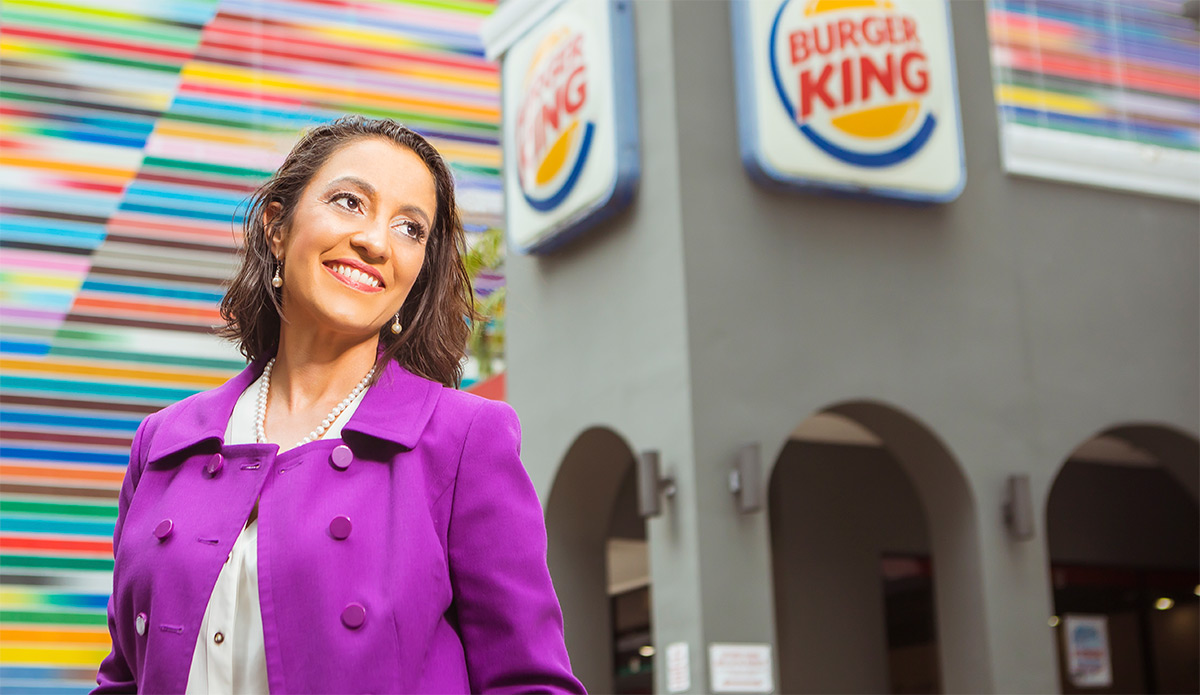
“Aiming for a diverse, inclusive workplace is not only the right thing to do, but there’s a business model that proves it makes sense.”
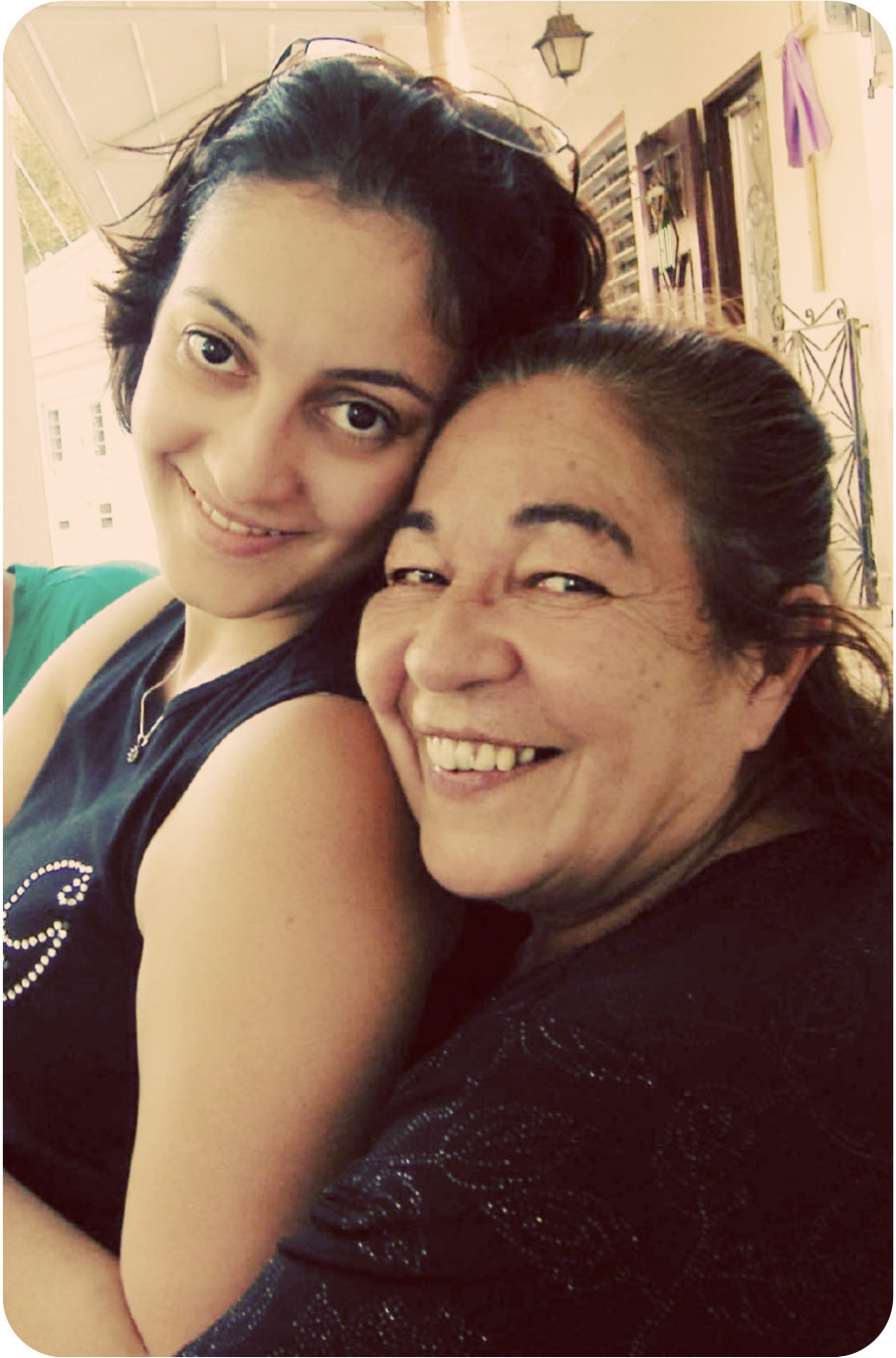
RBI added, rather than launched, initiatives. “We expanded events; we created new franchisee panels, with Black franchisees on Zoom talking about what it is like to be a Black business owner. We started scholarships for Black chefs. I started a ‘Happy Sunday’ series on LinkedIn where I post about what it is like to be a Puerto Rican woman from the South Bronx,” raised in a small apartment by a factory-worker father and a mother who was a day-care worker and a housekeeper.
Seijo’s journey is an inspiring up-by-the-bootstraps American success story. One sister is a judge in Puerto Rico, the other is a global privacy attorney for a pharmaceutical company, and her brother is a nuclear engineer. “My parents skewed the statistics completely,” she says proudly. “Latinos make up 18 percent of the U.S. population, but we are underrepresented in many higher-educational-dependent fields.”
Indeed, the humanity of three members of the Fordham Law community in particular taught Seijo that heartfelt generosity can make all the difference in a struggling student’s life. Though she was financially pressed, Seijo funded her own education. But between her second and third years at the Law School, she suddenly found herself unable to pay tuition. “It had just gone up by $2,000,” she says. She was also dealing with a crisis at home. Her father had suffered a severe stroke and she and one of her sisters were co-funding his medical care. “Since I couldn’t pay tuition, I wasn’t allowed to register. I just didn’t have the money, even though I was already working 30 hours a week as a legal intern at Morgan Stanley.” Her voice catching, Seijo recalls bursting into tears in a hallway at the school, where she was overheard by class president Greg Xethalis ’05, who took it upon himself to talk to Escalera about getting Seijo a scholarship.
“Everyone was working to save me, and I didn’t even know it!”
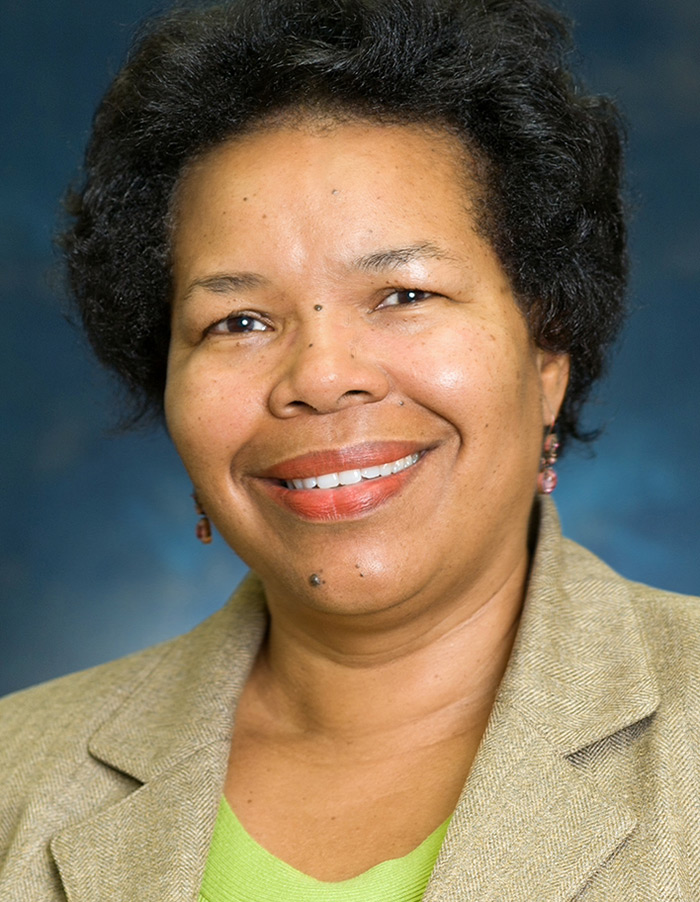
former assistant dean of students
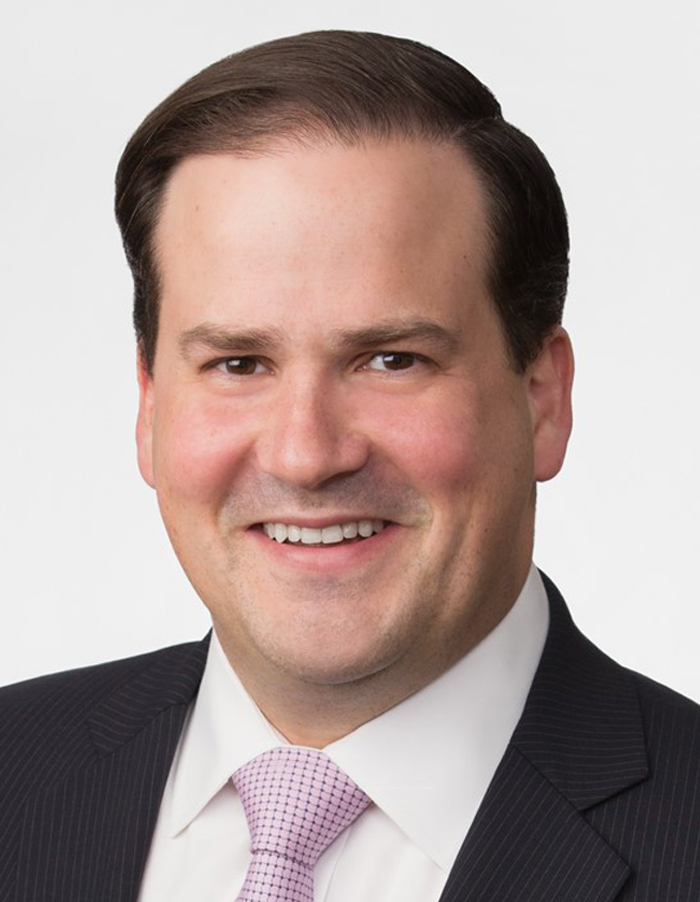
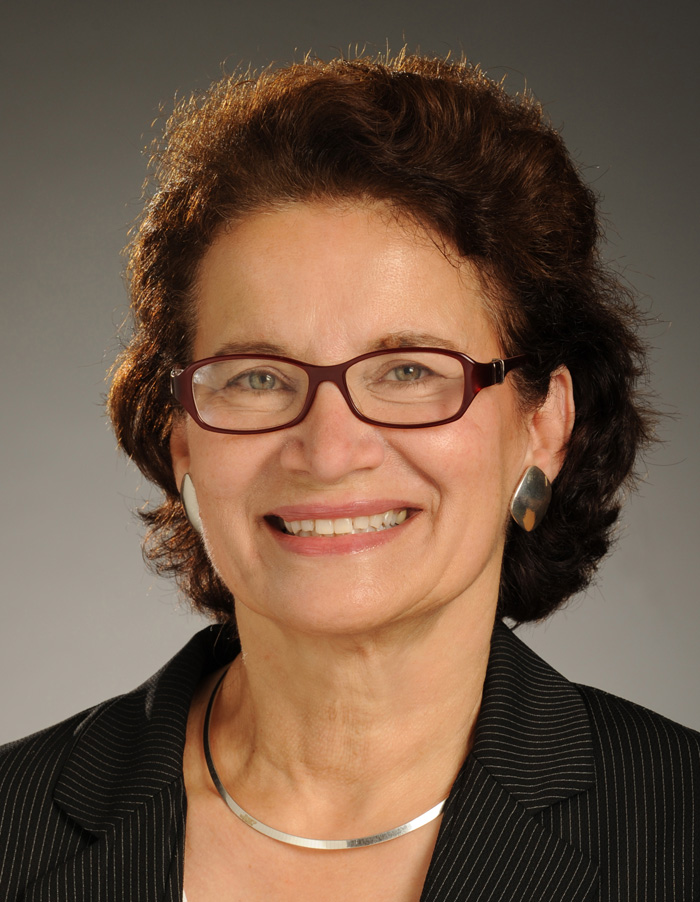
Helen Bender
“Everyone was working to save me, and I didn’t even know it!” says Seijo, who is still in regular touch with Xethalis and Escalera. “Within 24 hours I went from being deficient $4,000 to being registered for the year without any roadblocks. The folks at Fordham are ridiculously special.” She says the student body was diverse and welcoming, and the Law School’s emphasis on advancing social justice made it possible for her, a smart daughter of working class parents, to succeed.
“There are tons of studies on how greater diversity in the C-suite and in leadership will lead to greater profitability.”
One example: “In performance reviews, you have to train managers to not write that a woman is ‘emotional’—that’s not helpful,” she says. There’s also bias against more introverted workers. “When you have a meeting and you have someone who is less vocal, it doesn’t mean they’re less analytical,” she tells managers. “Correcting bias can be encouraging everyone at the table to speak by asking, ‘What’s your opinion?’ Half of the problem with being inclusive is that we focus on some obvious differences and exclude others. It’s also challenging assumptions—that someone with dyslexia is not intelligent when it’s really a reading disability, not I.Q. we’re talking about. Or, that if someone is Black, it means they’re poor, or that a Black franchisee deserves a higher interest rate on loans. The George Floyd situation didn’t change the world; it opened people’s eyes. We—people of color—already knew it existed.”

That’s why, when her colleagues are hiring, she encourages them to look at a résumé and “not only see what’s on it, but what’s not,” she says. “If an applicant has a 3.0 average and was working 35 hours a week to self-fund her education, then that 3.0 average just gained status for me. Saying 3.0 without taking the circumstances into account isn’t enough.”
In part, Seijo learned to keep an eye out for those circumstances as a lawyer in the Miami office of Littler Mendelson, the world’s largest labor and employment law firm, where she worked just before coming to RBI. Her mentor there was Mishell Parreño Taylor, the managing shareholder of the firm’s San Diego office, who says that Seijo’s relationship with the firm’s 60-member Latino/Latina affinity group Reunión is ongoing. “Grissel talks about how being multilingual and multicultural can be an advantage,” says Taylor. “She continues to be a resource to us. She leads by advice and also by example.”
Recently, as co-chair of the Latina Leadership Academy, Seijo found herself talking with another group in need of counsel: 35 Latinas who had been in the workforce 10 years or less and were looking for advice on how to get a seat at the corporate table. “Sometimes, I find myself having conversations people don’t always like to have. But we must have them and we do,” she says. Those conversations might include tough questions like, Is there a right and a wrong way to look? “Image matters,” says Seijo. “It would be lovely if we lived in a world where it didn’t. Unfortunately, we do not live in that world.”
“After I graduated law school, someone said to my mother, ‘Oh, you must be so proud of Grissel.’ My mother put her cigarette down—she was a smoker; that’s who she was—and said, ‘I don’t really care about titles. I care that my girls are good girls, that they remember where they came from, and that they take somebody with them.’” Seijo smiles at that memory. “That last sentence of hers is ultimately what diversity and inclusion are all about,” she says. “Marching is lovely, but it’s just marching. A real cultural shift comes when everybody actually changes, and I have not seen that.”
She thinks of her mother often. When we last spoke, Seijo— who has been married for 19 years to a political advisor (“a normal person, not a lawyer,” she laughs)—was driving her 12-year-old daughter Nadia to a socially distanced birthday party. “Making the world better for her: I dedicate my life to that,” she said. When I told her those words were inspiring, she again said, with deep meaning, “Thank you. That would make my mother very, very happy.”
